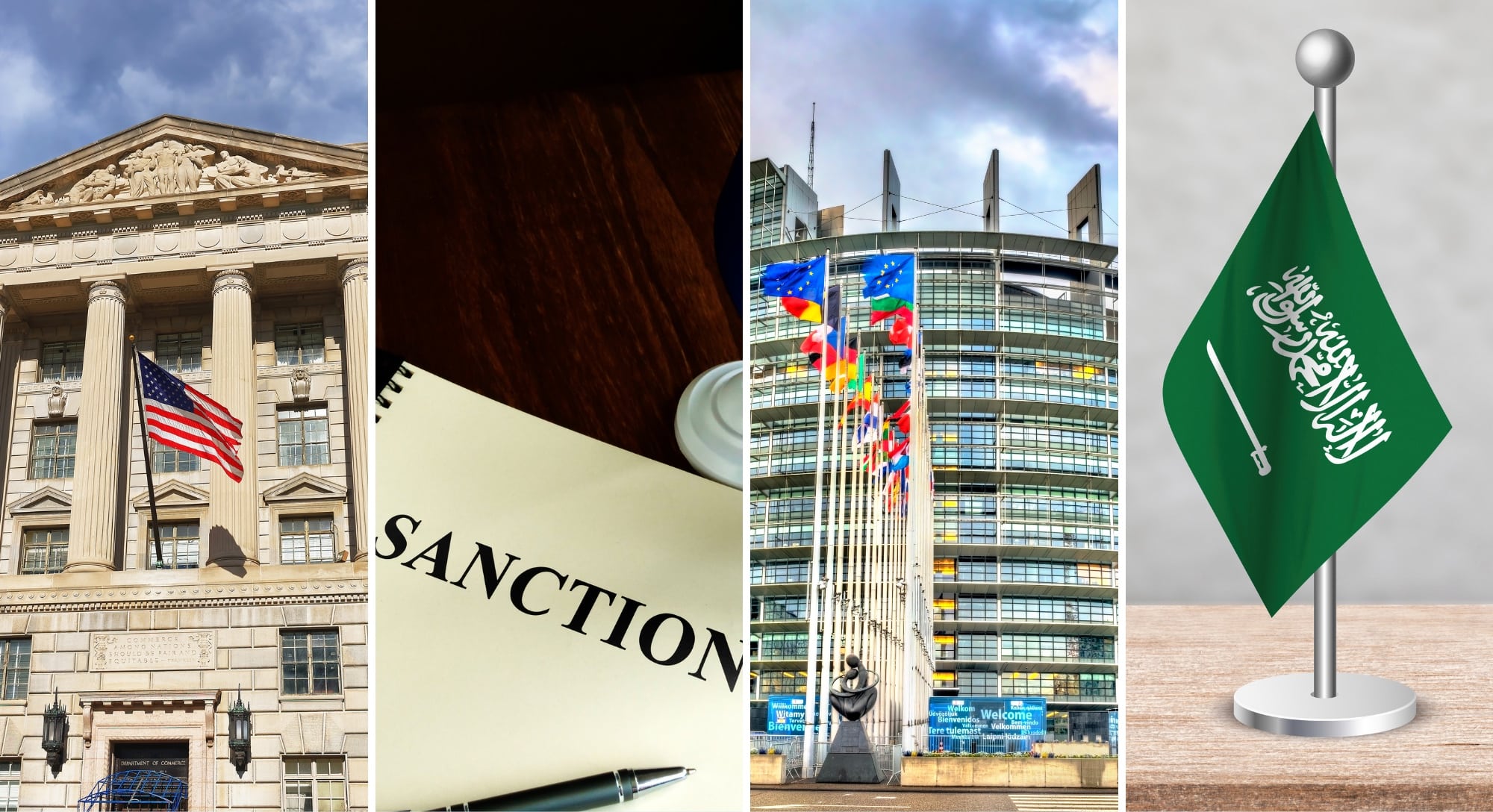Global Trade Management Solutions For Businesses of Every Size
Trade solutions that keep you in control, compliant, and confident in managing your business. Worry less, and do more.
Our Solutions
OCR’s mission is to transform how businesses manage Global Trade Compliance. We provide our clients with a suite of high-quality, user-friendly integrated solutions that undergo continuous improvement and development based on feedback and industry trends.
Innovation and real-life customer needs are the cornerstones of our solutions. This sets us apart from our competitors and allows us to produce software that solves a wide range of real-time industry problems and helps organizations meet their supply chain compliance requirements.

We Make Integration Easy
Our data and content management, middleware technology, ERP integration, and intelligent applications ensure your IT and business infrastructure has what it needs to minimize compliance risks and ensure a solid ROI.
A Scalable Solution for Your Organization
EASE Enterprise Suite provides software solutions to multiple departments in your organization.








